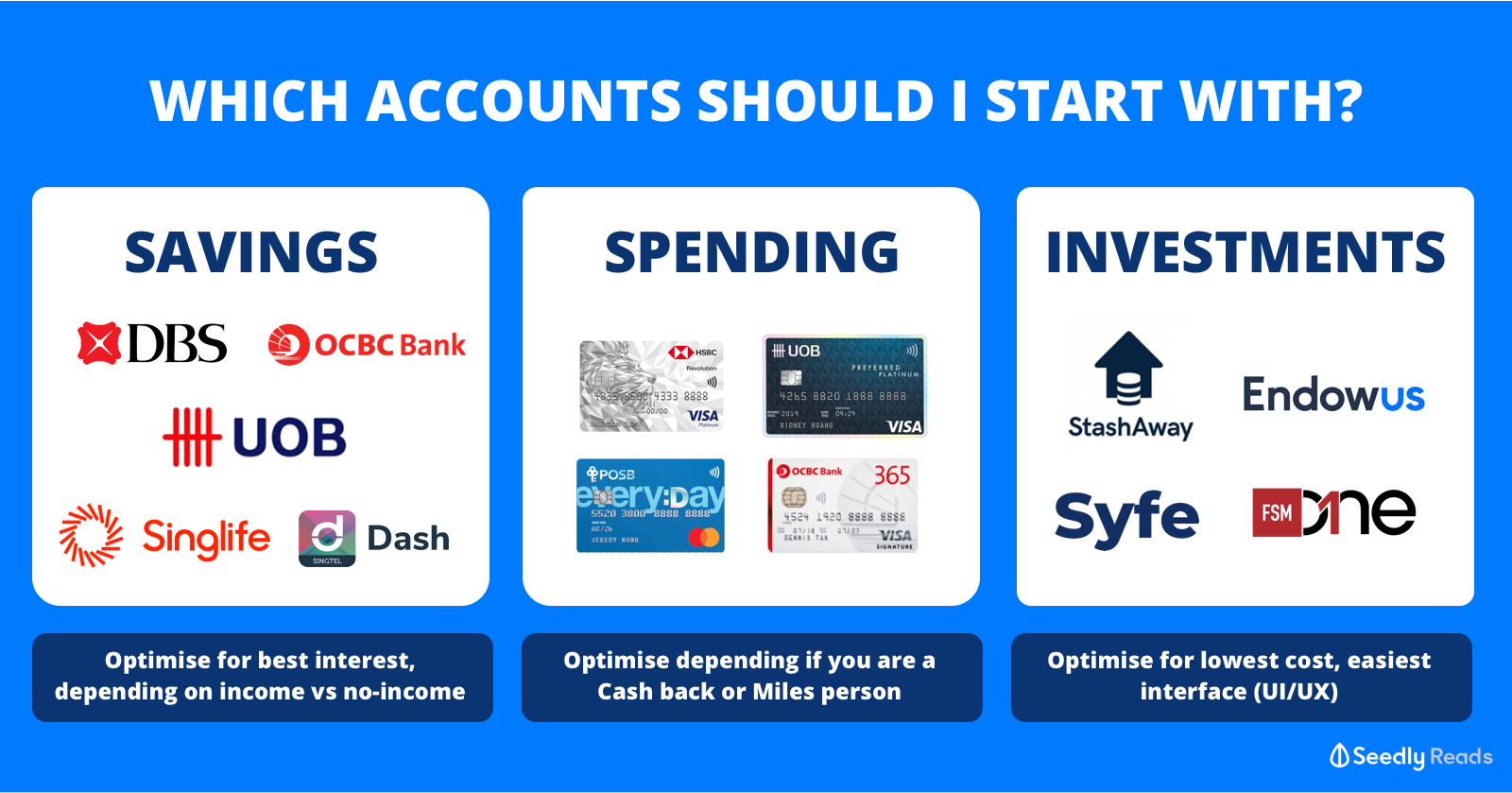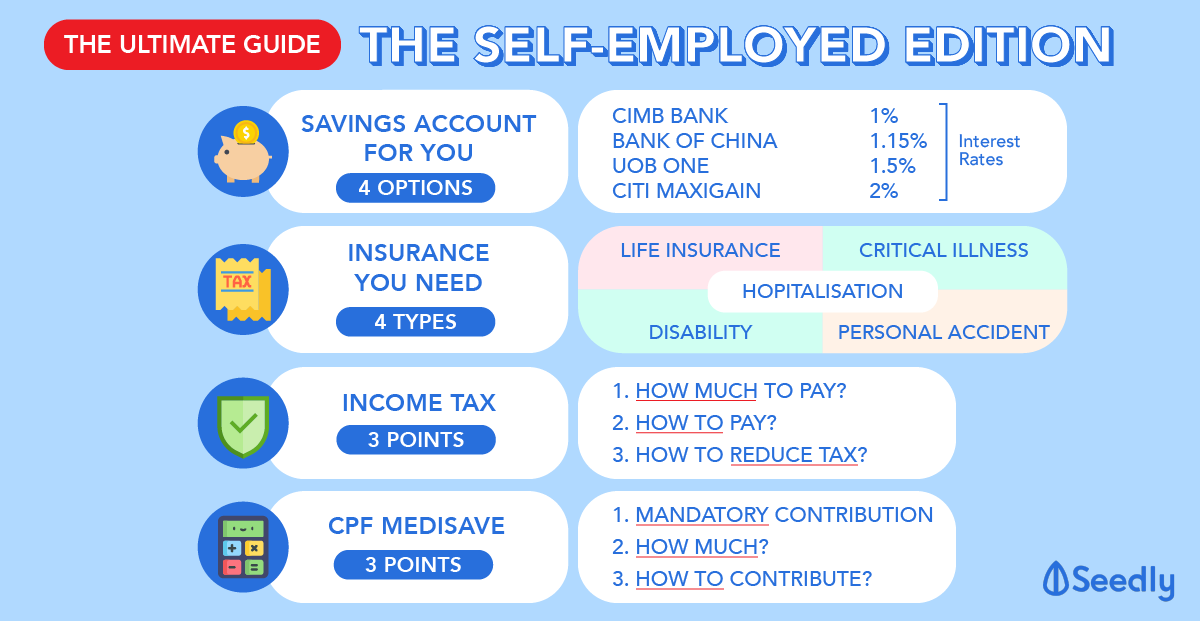Advertisement
Anonymous
What is optimum income to enjoy tax savings to start contributing to SRS? And how would that amount change as we grow older at different life stages?
Is there an optimum amount for tax savings?
8
Discussion (8)
Learn how to style your text
Reply
Save
Nigel Tan
03 Dec 2020
Executive Senior Financial Planner at Great Eastern Life
Annual income above $80k usually makes sense as the tax bracket increase is pretty high. Even higher would make even more sense since the increase is exponential.
If you are really young in your 20's however, may want to reconsider as this amount is only "accessible" from 62. Most people would have big ticket items that they would rather save for. (Eg. may not make sense to put $15,300 away for 40 years to save on $2k++ of tax)
Reply
Save
Elijah Lee
03 Dec 2020
Senior Financial Services Manager at Phillip Securities (Jurong East)
Hi anon,
Personally, I find that SRS becomes appealing if you are in the 11.5% tax bracket as would...
Read 2 other comments with a Seedly account
You will also enjoy exclusive benefits and get access to members only features.
Sign up or login with an email here
Write your thoughts
Related Articles
Related Posts
Related Posts
Advertisement







My current approach is to use my incremental tax rate X my annual income to set the amount of relief I should do.
Example: Charlie has monthly take home pay of 7k, and was paid (take home portion) bonus of 10k for 2019 performance. Total expected income received in 2020 ~ 94k. Since above amounts already exclude cpf, and taking general assumption that his other reliefs ~ 5k, then the assessable income around 89k of which the first 80k attracts up to 7% tax rate, and the next 9k attracts 11.5% tax rate.
My rule would just be to recommend Charlie to do like 11.5% x 89k = 10,235 of additional tax relief (cpf rstu + srs). If he does so, he will remain in 7% tax bracket, and tax savings is about 1121. Think of it this way - 1121 / 10235 = cashback rate of 10.95%. Decent or not is up to you to evaluate.
This is just my rule, coz I don't think you would have a standard answer somewhere. And using incremental tax rate approach is "good" in a sense that the more you earn, the more relief you should plan for in order to optimise your assets kept on hand vs tax savings.
In terms of allocation, the simplified advice is go maximum on rstu first, then srs. For women who are entitled to working mum child relief, once you max out to 80k relief, just stop. So usually working mom need not do srs since not much additional tax savings.